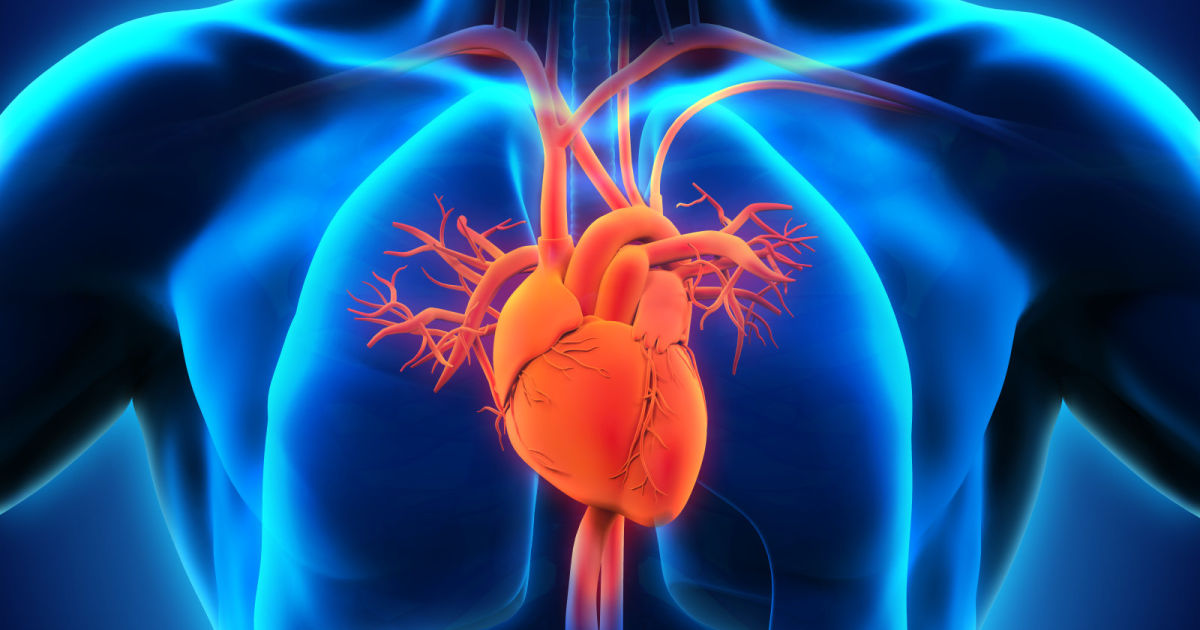Top Warning Signs That You May Have Heart Problems
Chest Pain

Elongated chest pain is the primary sign of a heart attack. This is not a pain that hits the chest for just a moment. Most heart attacks involve an intense discomfort in the center of the chest that lasts approximately seven minutes, or that goes away and comes back. This pain is often described as an uncomfortable pressure, squeezing, fullness or pain. However, not all chest pain is associated with a heart attack. Chest pain can also be angina, which is intense chest pain that is not a heart attack, but mimics the intensity of one, as this pain or discomfort is caused by the heart muscle not receiving enough oxygen-rich blood to different parts of it, and it can feel like pressure or squeezing within the chest.
If a patient is suffering from extreme discomfort or pain in their chest, along with other signs such as shortness of breath and discomfort in other parts of their body, they should seek medical attention right away and call 9-1-1, as they are more than likely experiencing a heart attack. If at any time a patient experiences chest pain, they should seek medical attention to have their heart examined and to rule out heart failure, a heart attack, or any other heart conditions.
Causes & Different Types Of Conditions

While cardiovascular disease can refer to a multitude of heart or blood vessel issues, heart problems are often caused by damage to the heart or blood vessels from atherosclerosis, a buildup of fatty plaques within the arteries. Plaque buildup thickens and stiffens the artery walls, which can cause a reduction in blood flow through the arteries to other organs and tissues within the body. Atherosclerosis is the most common cause of cardiovascular disease, and it can be caused by an unhealthy diet, a lack of exercise, obesity, and smoking.
Heart disease and other heart-related conditions are also closely linked to genetics, but also an individual’s surrounding environment and lifestyle choices. Some heart-related conditions an individual can develop include heart disease, heart failure, an aneurysm, peripheral artery disease, heart arrhythmia, sudden cardiac arrest, heart attack, stroke, valvular heart disease, heart infection, cardiomyopathy, and congenital heart defects.
